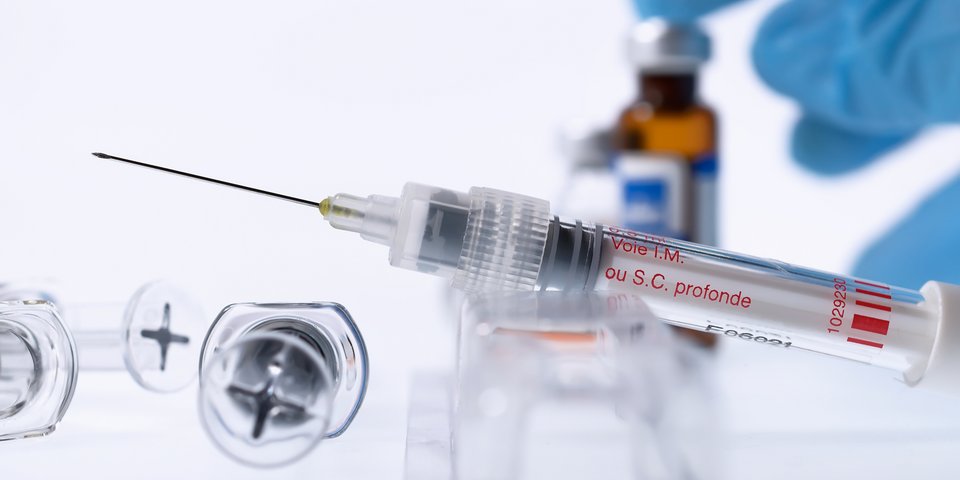 ursule - Fotolia
ursule - FotoliaFirst Global Vaccination Summit in Brussels
10 action points to combat the comeback of measles in Europe.
RB – 10/2019
On
12 September 2019, the European Commission and the World Health Organisation
(WHO) co-hosted a Global Vaccination Summit.
The
topic of vaccination became a political issue at the beginning of the year following
the publication of a study on vaccination behaviour of Europeans. We reported on this in May. The European Commission has published a fact
sheet with the
most important information.
Measles and other preventable diseases on the rise due to vaccine hesitancy and misinformation in Europe
The
WHO has listed vaccine hesitancy as one of the ten threats to global health in
2019. Participants at the Vaccination Summit emphasized that the concept of
vaccine fatigue must be viewed from a regional perspective in terms of its
cause.
In
poor countries, a lack of access to vaccines and availability due to poor
infrastructure in rural regions pose major global challenges. In the cities,
strong urbanisation and the emergence of uncontrolled urban districts make it
more difficult to penetrate all strata of the population.
In
Europe, declining vaccination rates can be explained by misinformation from
those opposed to vaccination. There were more than 90,000 documented cases of
measles in Europe in the first half of 2019. This figure is already more than
the total number of documented cases for the whole of 2018 (84,462). The
highest number of cases of rubella were reported in Poland, Germany, Italy,
Spain and Romania (483).
Germany
is also actively involved in the debate over the use of vaccines to eliminate
preventable diseases. In Germany, the vaccination rate is currently just under
95 percent. However, previous measures to increase public confidence in the value
of vaccination have yielded little success. In July, the Federal Cabinet passed
a law making it compulsory to vaccinate against measles. This law stipulates that
parents must prove that their children have been vaccinated before they can be
admitted to a day-care centre or school. Compulsory vaccination will then also
apply to childminders and to staff in day-care centres, schools, medical
facilities and community centres as well as refugee shelters. In addition to
compulsory vaccination, the law also provides for information campaigns and the
involvement of the public health service.
Implementing
measures to extend vaccination protection in the EU by educating the population
has also been addressed by President-elect Ursula von der Leyen and
Commissioner-designate Stella Kyriakides.
Global vaccination strategy
The
participants at the vaccination summit agreed on ten actions that can contribute globally to combating preventable diseases through
vaccination.
These
include ensuring all countries have immunisations strategies; using digital
means to monitor and improve the effectiveness of vaccination programmes;
investing in research to develop new and improved vaccines; and reducing vaccine
shortages through improved systems to predict availability, stockpiling and
delivery of vaccines.
The
media should use social media to provide effective, objective information to
the public in order to counteract the dissemination of false and misleading information.
